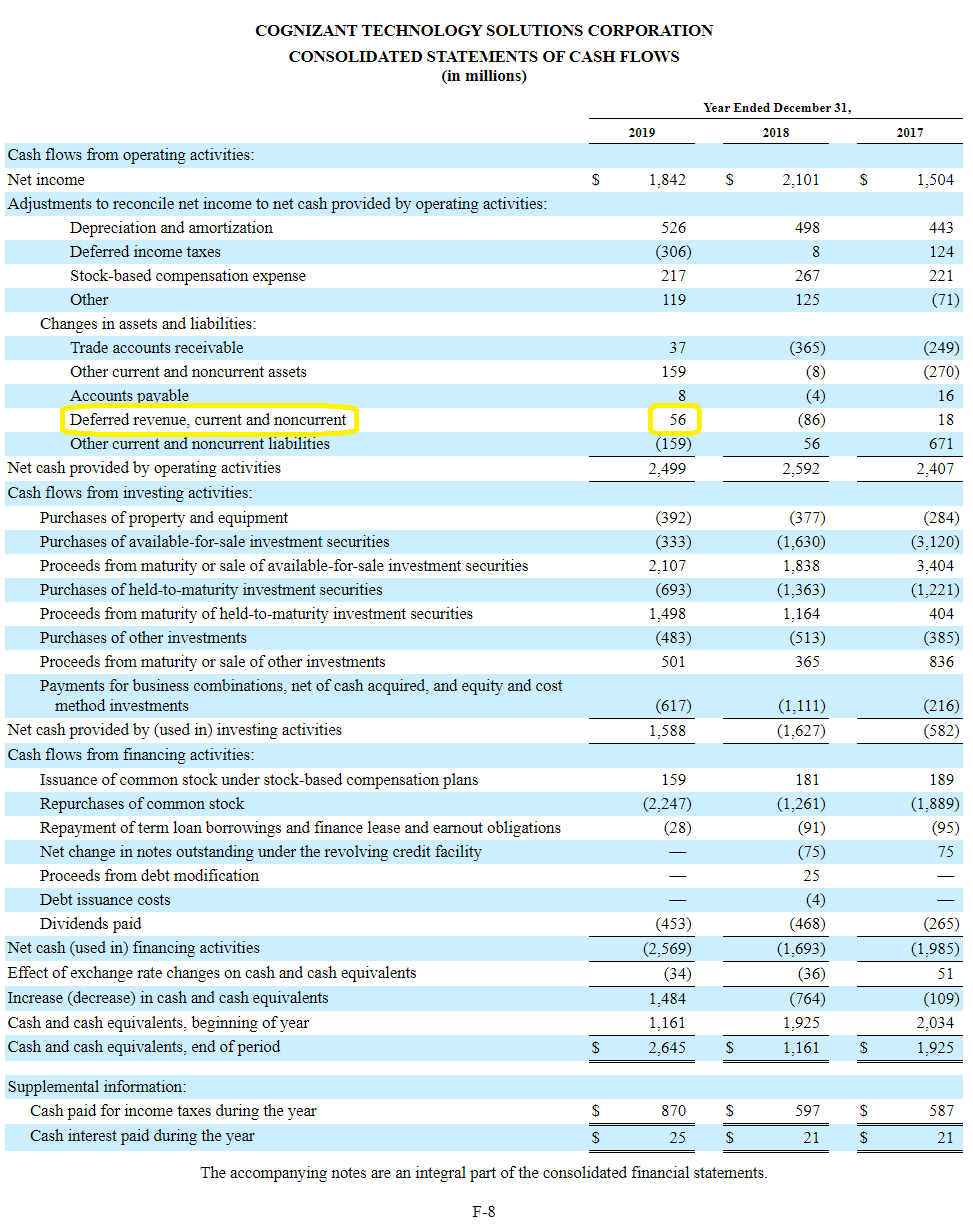
Deferred revenue writedown manual#
Manual accounting for deferrals can become unwieldy, inaccurate or overlooked without the right software.ĭeferrals are all about timing, within the context of earning revenue and matching expenses.Accruals accelerate recognition of a transaction in advance of cash flow.Deferrals play a critical role in the accuracy of a company’s financial statements.Both revenue deferrals and expense deferrals arise from the revenue recognition principle and the matching principle.Deferrals are adjusting entries that push the recognition of a transaction in a company’s accounting records to future periods.

Payment comes in after goods or services are transferred to customer.Ĭash goes out for an expense incurred before related revenue is earned.Ĭash goes out for an expense incurred after related revenue is earned. Payment comes in before goods or services are transferred to customer. Other differences are outlined in this comparison chart: More specifically, deferrals push recognition of a transaction to future accounting periods, while accruals move transactions into the current period.

Key differences: The primary difference between deferrals and accruals is that they work in opposite directions. Both adjustments improve the accuracy of a company’s books and keep a company in compliance with Generally Accepted Accounting Principles (GAAP) by adhering to the revenue recognition and matching principles. Accrualĭeferrals and accruals are types of adjusting journal entries that arise due to timing discrepancies between cash flow and accrual-based accounting principles. This is done when payment has been made for a product or service prior to the recognition of the related revenue or to the customer’s receipt of the item. What are Deferred Expenses?Īn expense deferral is an adjusting entry that pushes the recognition of an expense to a future fiscal period or periods. This is done when the company receives payment from a customer in advance of delivering the purchased goods or services. What is Deferred Revenue?Ī revenue deferral is an adjusting entry that pushes a company’s recognition of revenue to a future fiscal period or periods. Not all expenses have a direct relationship to revenue, but for those that do, such as a salesperson’s commissions, they should be matched in timing with the revenue. For example, the cost of lumber used for a building in a multiyear construction contract would be deferred until the same time the revenue for that building is recognized. It calls for expenses to be reflected in a company’s books during the same accounting period as the revenue they support. The matching principle is the reason for expense deferrals.

The revenue recognition principle, which is fundamental to accrual-based accounting, dictates that revenue should be recognized in the period in which it is earned - defined by the Financial Accounting Standards Board (FASB) as “when the selling company satisfies a performance obligation by transferring a promised good or service to a customer, giving the customer control of that good or service”. Revenue and expense deferral both stem from the same two accounting principles: revenue recognition and the matching principle. Deferrals are used to put off revenue - meaning, the amount to be collected, and expenses, or the amount to be paid. What Is a Deferral in Accounting?ĭeferrals are a type of “adjusting” entry in a company’s general ledger that delays the recognition of a transaction in the company’s accounting records until a future fiscal period or periods. Doing so reflects (and communicates) a business’s financial activity more accurately. When that happens, accountants use a technique known as deferrals to delay the point at which the transaction is recognized. In the real world, however, that timing doesn’t always line up neatly, such as when a company receives an advance payment for a product it has yet to provide. It is guided by several principles, two of which - the revenue recognition principle and the matching principle - dictate the timing of when revenue, and the expenses that support it, is recognized in a company’s books. East, Nordics and Other Regions (opens in new tab)Īccrual-based accounting is the official accounting method required by public companies and the de facto method for many private firms.


 0 kommentar(er)
0 kommentar(er)
